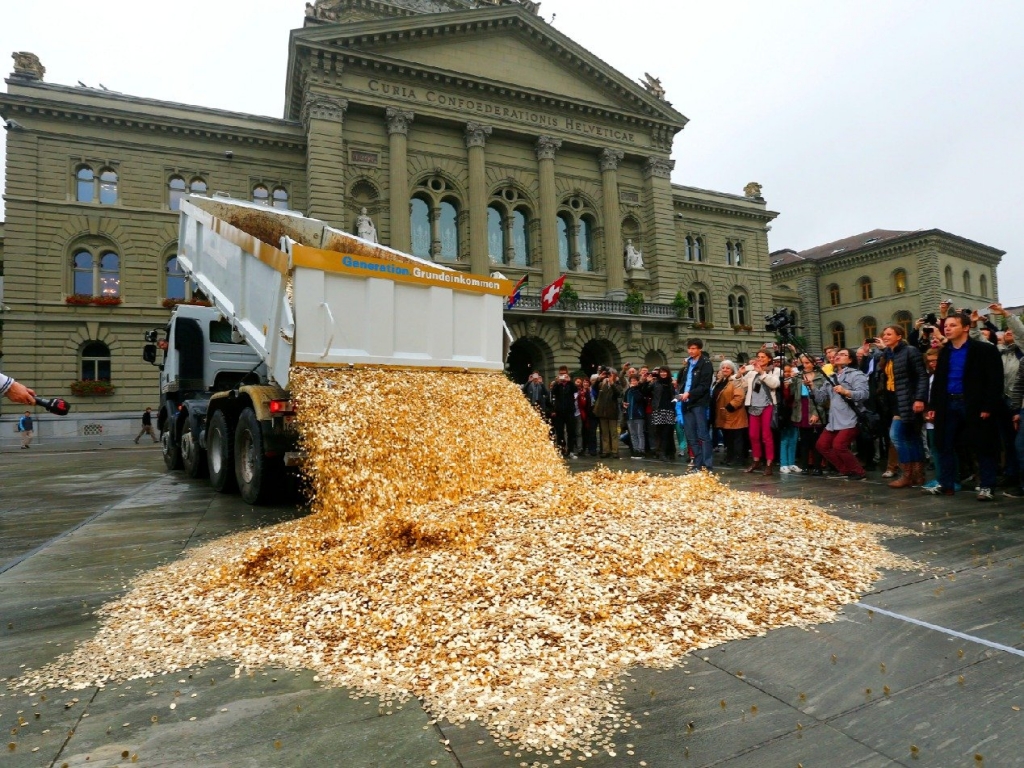-
Tips for becoming a good boxer - November 6, 2020
-
7 expert tips for making your hens night a memorable one - November 6, 2020
-
5 reasons to host your Christmas party on a cruise boat - November 6, 2020
-
What to do when you’re charged with a crime - November 6, 2020
-
Should you get one or multiple dogs? Here’s all you need to know - November 3, 2020
-
A Guide: How to Build Your Very Own Magic Mirror - February 14, 2019
-
Our Top Inspirational Baseball Stars - November 24, 2018
-
Five Tech Tools That Will Help You Turn Your Blog into a Business - November 24, 2018
-
How to Indulge on Vacation without Expanding Your Waist - November 9, 2018
-
5 Strategies for Businesses to Appeal to Today’s Increasingly Mobile-Crazed Customers - November 9, 2018
The Swiss National Bank
How does a central bank, that can effectively print its own money, get hit with such a loss?
Advertisement
The Swiss franc rose to a one-week high against the euro and jumped 0.8 percent against the dollar on Friday, after the Swiss National Bank unveiled record losses that raised questions about how long it can keep intervene to keep franc strength in check.
The Swiss National Bank had been holding down the value of the franc for more than three years, but suddenly announced on January 15 that it was abandoning the minimum rate of 1.20 francs to a euro. Some argue that dropping the peg is the main reason behind the losses, however it could also be argued that the losses are related to the large foreign currency holdings that were accumulated while attempting to defend the currency cap.
The central bank last year posted 38.3 billion francs in profit and topped up a dividend to shareholders to 2 billion francs, while warning that such hefty payouts may not continue.
Second, the depreciation of the euro against the franc led to significant currency losses on the SNB’s $550 billion foreign-exchange reserves, of which some $230 billion is held in the single currency.
While the SNB is not obliged to book profits, its surpluses are generally redistributed to its owners, which include the Swiss Cantons, but also private shareholders. It is probably too soon to say whether the SNB will be able to pay its shareholders a dividend for 2015 however it is clear that the first half of the year has not been promising.
Advertisement
The SNB cautioned its results rely heavily on developments in the gold, foreign exchange and broader financial markets.





























